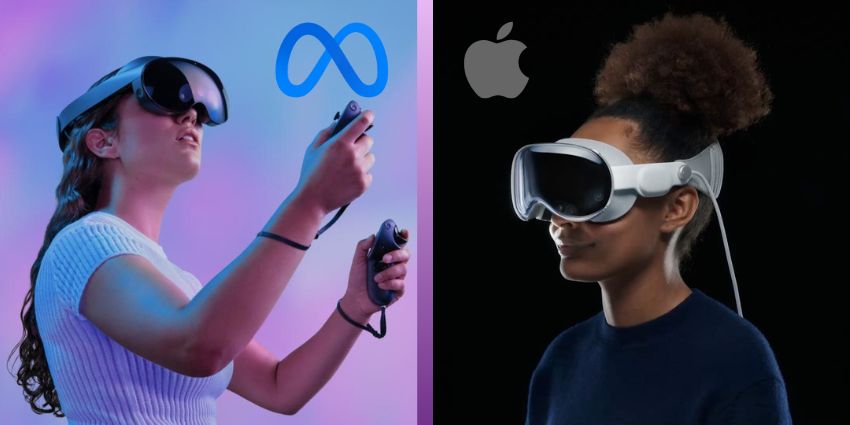How can virtual reality (VR) improve travel for business? The opportunity to fly worldwide on behalf of a business might sound like an exciting perk for employees. Unfortunately, business trips put a lot of pressure on a company’s financial resources and sustainability goals.
When travelling by land, sea, or plane, the costs for a company quickly mount up. While large-scale enterprises might see business travel expenses as just another standard cost of running a company, smaller organisations will struggle to survive these expenses.
The good news? There is an alternative. Companies are already replacing regular travel costs with alternative face-to-face communication, like video conferencing and online chat. The world of extended reality (XR) offers a new opportunity to go beyond video and share digital space with co-workers, wherever they might be.
The Benefits of Virtual Reality for Replacing Business Travel
Reports from 2022 forecast that the business travel industry to set to grow to $1.7 trillion. The industry is giant and immersive solutions can help to enhance the busy sector. However, the savings could be even more significant in an age of digital collaboration.
VR goes beyond video conferencing to create an environment where people far apart can communicate, speak, share, and work together. Team members can share a virtual room with their colleagues and clients by putting on a headset and loading up the right software.
Immersive applications enable users to gain benefits from gestures, body language, and facial expressions that a worker gets from a face-to-face meeting. The only difference is that workers lack a sense of real-world presence. However, merging immersive applications is attempting to solve digital culture concerns.
VR Headsets for Tourism
We’re already beginning to see how VR can support better collaboration between team members without the need for travel. Meta is also moving into the immersive tourism and live event sector. Through its Horizons Metaverse platform, users can travel to different real-world locations virtually with friends. Moreover, with the recently debuted Meta Quest Pro, users can communicate with each other in a virtual space, use gestures and face tracking,
VR also allows more immersive demonstrations and presentations in business-to-consumer communication. Business consultants can showcase new technology in real time, and clients can see how those tools might interact with 3D diagrams.
While virtual reality solutions will not wholly replace conventional business travel, thanks to increased remote guidance and collaboration solutions, it is far easier to communicate with dispersed teams digitally and efficiently.
VR Conference Rooms are Already on the Way
For a while, companies have been aware that standard meeting rooms and conferences aren’t as productive as they once were. Video meetings are rapidly replacing in-person conversations already. Particularly true since Covid-19 hit in 2020. The company has seen a record of 2.7 billion meeting minutes in Microsoft Teams alone in one day.
VR will take the new meeting landscape to the next level. It would be much more cost-effective for a small or mid-sized business going on monthly business trips to create a collaborative VR workspace instead. Companies like High Fidelity and Microsoft are already working on environments that make this possible.
Tourism Australia allows people to explore VR environments before booking a vacation. Users could create virtual rooms to meet clients that reflect a famous real-world location. For instance, a team meeting in France could set up a conference in front of the Eiffel tower.
The World Economic Forum believes XR may be crucial to recovering the global tourism industry. In May 2021, the forum also noted that human-centric elements would drive tourism XR solutions, such as cognitive behaviour, social psychology, neuroscience and behavioural economics.
Is Virtual Reality the Perfect Alternative to Bussiness Travel?
The VR market right now is still in its early stages. It may not be possible for businesses to replace every possible meeting with a virtual environment. Some interactions will still demand an extra human touch. However, opportunities are evolving.
The arrival of 5G and lower latency ways for sending data and information will make VR experiences feel all the more impressive for today’s forward-thinking team members. Leading VR companies are also making the technology more accessible to businesses of all sizes by making devices more affordable and easier to use.
In the future, companies will continue to invest in VR as an alternative to the cost and headaches of business travel. VR is important not just for reducing business expenses but also for reducing the impact that we’re having on our planet from a carbon perspective. In the years to come, the best way to meet could be VR headsets or holographic imagery. Thanks to virtual reality, business travel might be a thing of the past.







